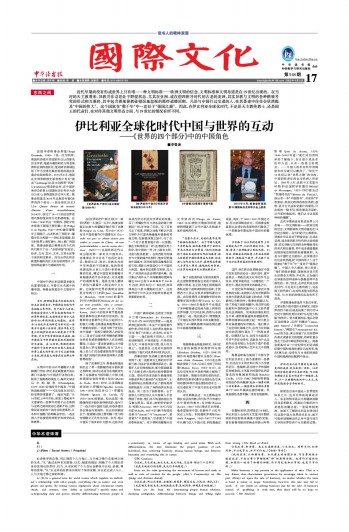社会秩序的总称,用以规范个人与他人、与天地万物乃至鬼神之间的关系。“礼”通过各种有关器物、仪式、制度的规定,明确了个人特定的身份及相应的责任、权力,从而区别了个人在社会群体中长幼、亲疏、尊卑的差等。“礼”以这样的区别来实现对个体的安顿,并由此达成人与人、人与天地万物之间的和谐。
Li(礼)is a general term for social norms which regulate an individual’s
relationship with other people, everything else in nature, and even
ghosts and spirits. By setting various regulations about ceremonial
vessels,rituals,and systems,rites define an individual’s specific
status and corresponding duty and power, thereby differentiating
between people ina community in terms of age, kinship, and social
status. With such differentiations, the rites determine the proper
position of each individual, thus achieving harmony among human
beings, and between humanity and everything else in nature.
引例 Citations:
◎夫礼,天之经也,地之义也,民之行也。(《左传·昭公二十五年》)
(礼是天地运行的法则,民众行为的规范。)
Rites are the rules governing the movement of heaven and
earth as well as code of conduct for the people.
(Zuo’s Commentary on The SpringandAutumnAnnals)
◎夫礼者,所以定亲疏、决嫌疑、别同异、明是非也。(《礼记·曲礼上》)(礼是确定亲疏关系、决断疑惑之事、区别同异、辨明是非的依据。)
Rites are the basis for determining proper human relations,
clarifying ambiguities,differentiating between things, and telling
rightfrom wrong. (TheBookofRites)
◎礼之用,和为贵。先王之道斯为美,小大由之。有所不行,知和而和,不以礼节之,亦不可行也。(《论语·学而》)
(礼的应用,以和谐为贵。古代君主的治国方法,可宝贵的地方就在这里,不论大事小事都依照“和”的原则去做。也有行不通的时候,如果仍一味为了和谐而和谐,而不用礼来加以节制,也是不可行的。)
Make harmony a top priority in the application of rites.
That is a key feature that characterizes governance by sovereign
rulers in ancient past. Always act upon the rule of harmony,
no matter whether the issue at hand is minor or major.
Sometimes, however,this rule may fail to work. If one insists on
seeking harmony just for the sake of harmony instead of qualifying
it with rites, then there will be no hope to succeed. (The Analects)
礼/lǐ/Li(Rites / Social Norms / Propriety)



 上一版
上一版


 缩小
缩小 全文复制
全文复制 上一篇
上一篇